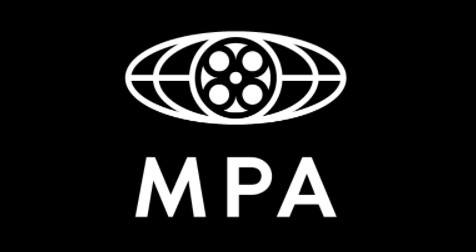Online anonymity is a great good for many poeple but increasingly there are calls for stricter identity checks.
Such requirements are fairly common offline but on the Internet, they are relatively rare; for now at least.
Verified Identities
The Motion Picture Association (MPA) would like this to change. The organization is particularly concerned with website operators who use fake or unconfirmed identities to sign up with Infrastructure as a Service (IaaS) services.
The definition of IaaS services is open to interpretation but the MPA includes domain registrars, hosting companies, CDNs, and proxy services in this category. If these companies properly verified their customers, it would be easier to go after pirate site operators.
There is currently no legal obligation to carry out such thorough identity checks. However, the MPA believes that a new trade agreement between the US and the Indo-Pacific region, as proposed by President Biden last year, offers an opportunity for change.
IPEF Trade Agreement
In a letter sent to the US Trade Representative, which co-chairs the U.S. during the Indo-Pacific Economic Framework (IPEF) negotiations, the movie industry group mentions verification as a key negotiation item.
“Commercial entities that intentionally distribute illegal and harmful services or content online tend to hide their true identity when they sign up for online services, such as web hosting. This anonymity complicates law enforcement efforts to the detriment of consumers..,” the MPA writes.
“By verifying and retaining the identity of business customers, IaaS providers can help deepen consumer trust in the safety and security of the online marketplace,” MPA’s letter adds.
The MPA mentions malware, data theft, and unsafe products and services as examples of concrete threats. However, we assume that online piracy is one of the main concerns for the movie industry group.
Online and Offline Enforcement
Piracy is also mentioned more directly in another suggestion for the IPEF agreement. According to the MPA, a trade deal should include a specific obligation that offline enforcement tools and procedures are also available in the digital environment.
“Piracy services steal and disseminate content, depriving creators of millions of dollars in fair remuneration that they would otherwise use to fund U.S. production and employ thousands of Americans.
“Including a provision in IPEF to help ensure the full availability of online enforcement tools would respond to the harm of digital piracy on the U.S. economy and U.S. workers,” MPA notes.
The IPEF is far from a done deal. A broad variety of stakeholders and members of the public have submitted their suggestions. It is now up to the negotiators to come up with a draft that will offer the best benefits.
—
A copy of MPA’s letter, written by Senior Vice President Global Policy and Federal Affairs Anissa Brennan, is available here (pdf)


 Online anonymity is a great good for many poeple but increasingly there are calls for stricter identity checks.
Online anonymity is a great good for many poeple but increasingly there are calls for stricter identity checks.



